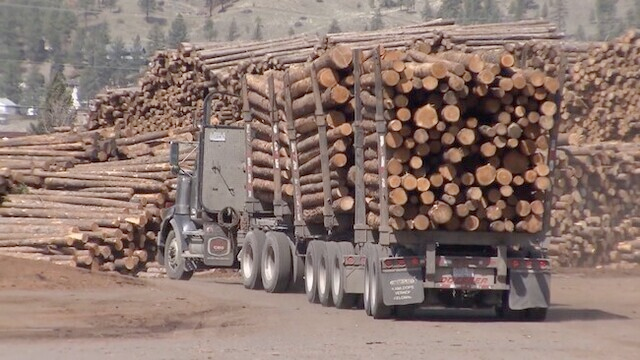The New Climate Change Denialism
- Michael Healey, PhD.

- Apr 7, 2021
- 3 min read
Starting in the 1980s, as atmospheric science began throwing up warnings that human use of fossil fuels was leading to climate change, the fossil fuel industry and their friends in government and the media initiated a heavily funded, skillful, campaign of climate change denial. The science was wrong, they said, climate is always changing, going through cycles of change. If change is happening it has nothing to do with human use of fossil fuels. This was all intended to discredit climate science and deny the need to transition to renewable energy sources. This campaign was extremely successful in forestalling any meaningful action by governments on GHG emissions for more than 20 years.
Now, with climate change wreaking havoc across the world, flat out denial that the climate is changing and we are the cause is no longer an effective approach. But that does not mean the climate change deniers have embraced the need for action on climate change. Quite the contrary. They have redoubled their efforts to thwart action but now they take a more nuanced, duplicitous approach. This is called the new climate change denialism (among other names). Here are some examples of it.
1. Proponents do not deny the message of climate science but spread doubt and confusion about what can or should be done about it. This is often cast as a "balanced" approach. Yes, climate change is real, but we have to temper our response to ensure that the economy keeps growing. Or, yes, we need to wean ourselves off fossil fuels, but we will need these fuels for many decades yet. We can't just stop using them. This is the foundation of the Liberal government's policy on fossil fuels.
2. Proponents for the fossil fuel industry publicly call for important actions, like carbon pricing. Behind the scenes, however, they continue to lobby hard to obstruct or weaken legislation that would make meaningful pricing a reality. They lobby equally hard for expanded infrastructure to support greater production of coal, oil, and gas (e.g. TMX and Coastal Gaslink).
3. Doomism and deflection. Institutions wishing to obstruct action on climate change follow a number of story lines. One is doomism, in which the claim is made, explicitly or implicitly, that it is too late, the die is cast, so we should just play as hard as we can until the world ends. This is actually relatively rare. Another is deflection. For example, putting the onus on the individual to change his/her lifestyle to bring down carbon emissions rather than on governments to enact laws and corporations to invest in clean energy. This is a big part of the BC Climate Plan. Note that the present BC government is a master of the new climate change denialism.
4. The "It's the Economy" gambit. Those wanting to obstruct or prevent meaningful action on climate change highlight the tremendous cost and ignore the tremendous benefits of a transition to green energy. They trumpet how many jobs will be lost in the oil patch but say nothing about the many, highly skilled and highly paid jobs will be created in the renewable energy sector. They point to the fraction of GDP represented by the fossil fuel sector and ignore the fraction of GDP that the renewable energy sector would provide if it replaced oil and gas. This is Jason Kenney's argument.
Keep an eye out for these and related ways of subtly undermining meaningful climate action in public statements and in press articles. They often sound completely reasonable until you think hard about their implications.




Comments